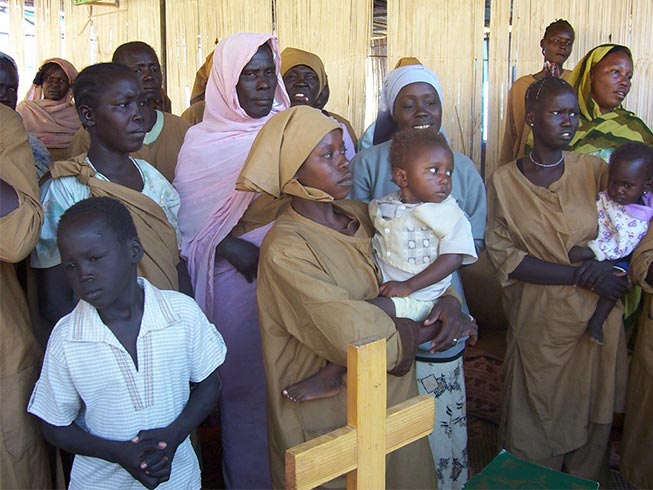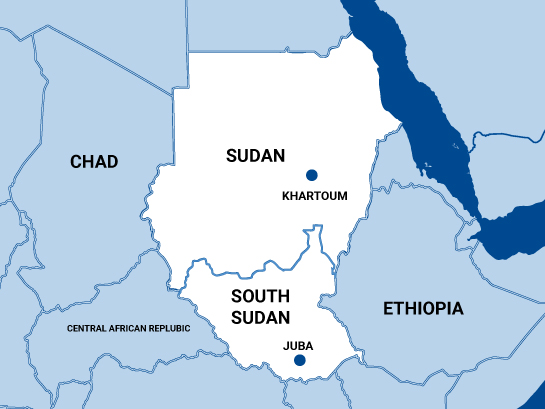In a blow to the country’s Christian and other minorities, the military council in control of Sudan has affirmed that future legislation should continue to be based on sharia law.
Lieutenant General Shamseddine Kabbashi stated on 7 May the military generally accepted proposals in a declaration put to it by protest leaders, but lamented the fact that sharia law was not among them .
“The declaration failed to mention the sources of legislation, and the Islamic sharia law and tradition should be the source of legislation,” he said in a televised address on behalf of the 10-member Transitional Military Council (TMC).

The TMC is negotiating with civilian protesters who continue to stage a sit-in outside the military headquarters in the capital Khartoum.
The Declaration of Freedom and Change, a coalition of activists and opposition political groups, had presented a list of proposals to the TMC, which took power in Sudan after the ousting of President Omar al-Bashir in April.
Muslim extremists dominate the upper echelons of the armed forces , a contact in Sudan had earlier told Barnabas Fund. Under sharia law thousands of Sudanese women have been flogged for “indecent behaviour”, according to rights activists. Christian women face being imprisoned or whipped in public for wearing “immoral [unislamic] dress” such as a pair of trousers and other sharia infringements.

In 1983, Sudan became one of the first modern countries to formally base its law on sharia and al-Bashir had maintained strict Islamic rule since becoming president in 1989.
The Islamic Northern government's efforts to impose sharia law on non-Muslim Southerners led to a civil war, which raged between 1983 and 2005, as Southerners attempted to resist the imposition of sharia .
After the civil war, South Sudan became independent in 2011, and Christians who remained in Sudan itself (about 3% of its population) endured even harsher persecution. In 2018, oppression of Christians intensified with increasing arrests and destruction of church buildings.

